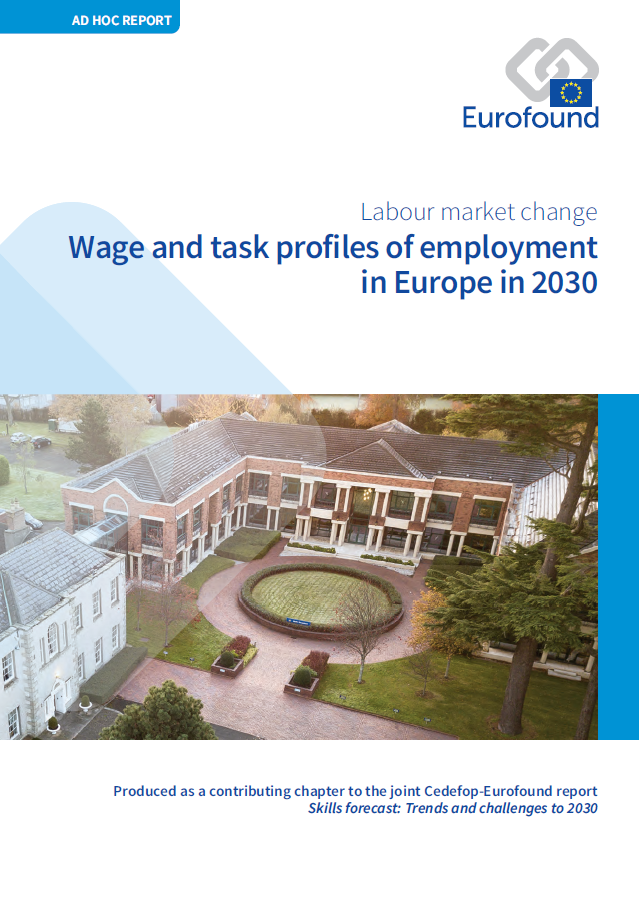Disclaimer
When freely submitting your request, you are consenting Eurofound in handling your personal data to reply to you. Your request will be handled in accordance with the provisions of Regulation (EU) 2018/1725 of the European Parliament and of the Council of 23 October 2018 on the protection of natural persons with regard to the processing of personal data by the Union institutions, bodies, offices and agencies and on the free movement of such data. More information, please read the Data Protection Notice.
